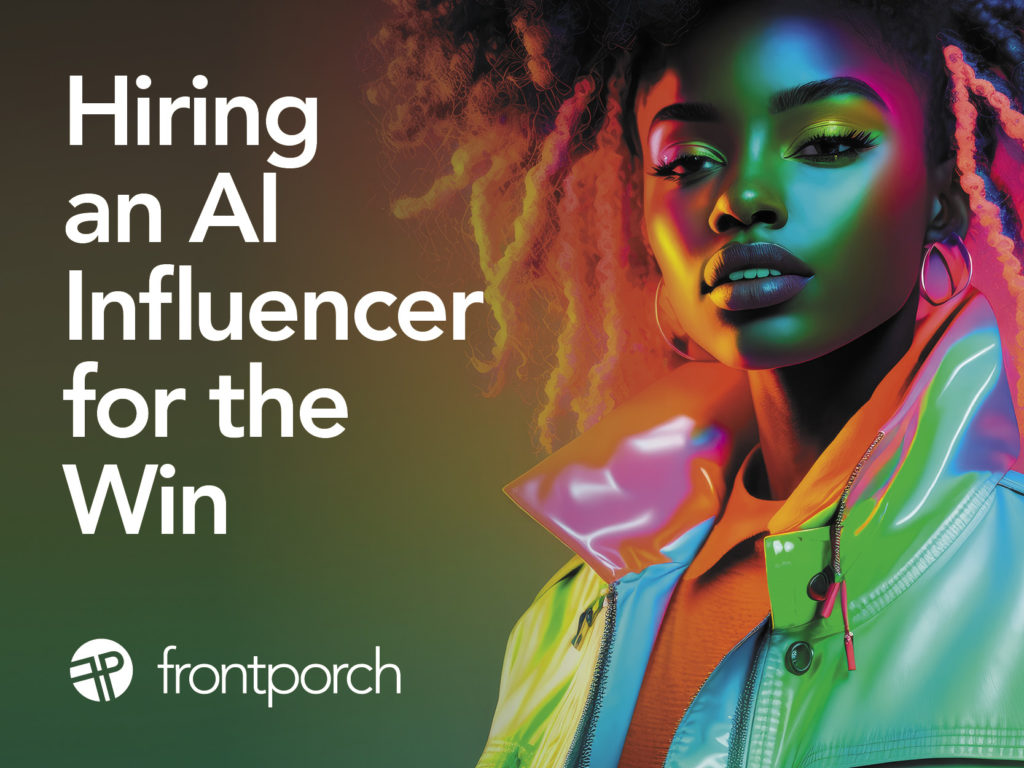
What are AI Influencers in marketing?
AI influencers are virtual personalities managed by brands or agencies. They are created using computer graphics and machine-learning algorithms to appeal to a brand’s audience. These influencers serve the same purpose as other real influencers. But they are designed to reinforce a brand’s particular marketing objectives. AI Influencers can wear a retailer’s clothing or visit their store — all virtually. They can express their thoughts about the benefits of products. They can help elevate a brand’s social media.
AI influencers have already worked for brands from Red Bull to Tinder, since 2016. They interact with consumers using conversation, photos and videos. Often hyper-realistic, they create attention-getting, stylish interactions with the products they represent.
What are some benefits of AI Influencers?
AI influencers work 24/7, whereas real humans cannot keep up this pace. This keeps active engagement rates high, and is beneficial to consumers engaging globally in multiple time zones. With round-the-clock content creation, these spokespeople can quickly build a large global following.
Often, they can create content specifically tailored to answer their audiences’ questions. Further, they can engage with thousands of consumers in a personalized way — without the conventional challenges of doing all of this as a real person. AI influencers, and their accompanying data, can also guide brands to find new or specific audiences. They can introduce new products, create more engaging content, and help optimize campaigns.
How do they help brands specifically?
Everything listed above is incredibly beneficial to growing a brand. But did you know AI influencers can also track consumer engagement so you don’t have to? These influencers can sum up analytical data from a brand’s work with them. That’s influencer and data are rolled into one. This makes it easy to view analytics and make decisions going forward.
From social media engagement to sales reports, an AI influencer can become an important part of helping brands build business. This data is valuable in offering ideas on which demographic to reach. It is valuable to know when to reach them, and how to reach them as well. Brands like Calvin Klein, Samsung, and Prada have all worked with AI influencers. These brands have incorporated influencers on social media platforms with success.
In the future, look for innovative new uses as AI influencers evolve. They’ll continue to talk with consumers and build value for brands in platforms beyond social media.
